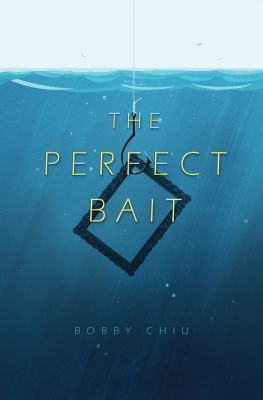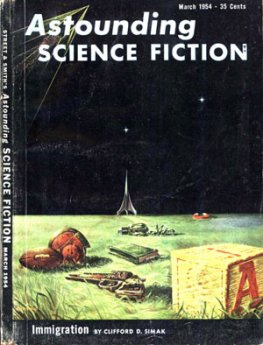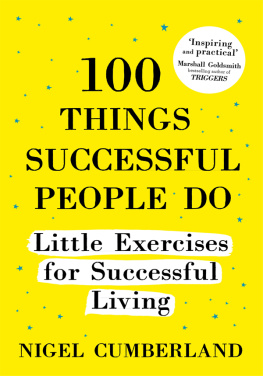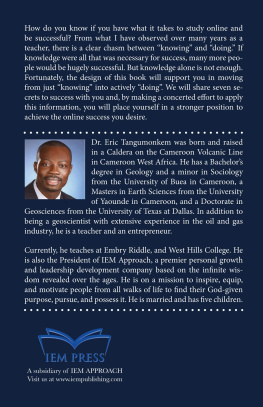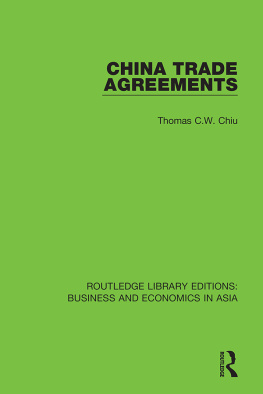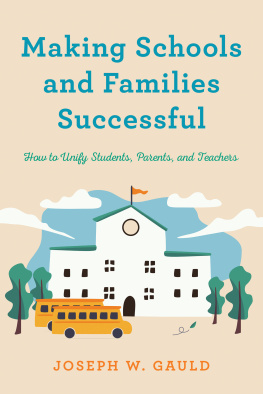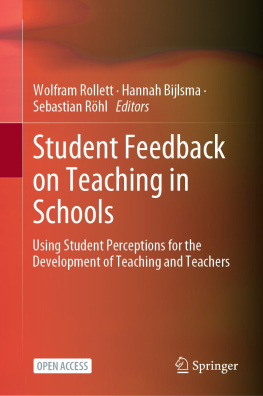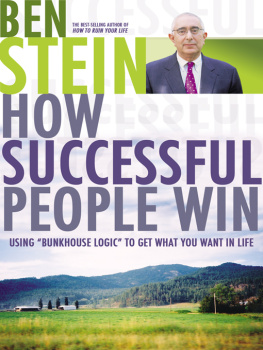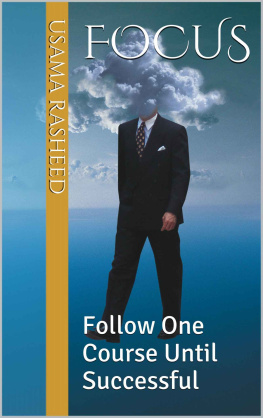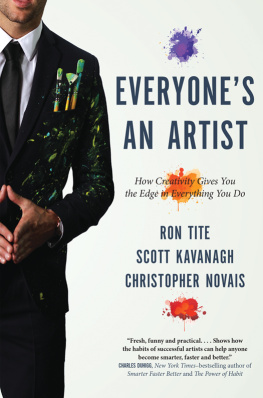Chiu - The Perfect Bait
Here you can read online Chiu - The Perfect Bait full text of the book (entire story) in english for free. Download pdf and epub, get meaning, cover and reviews about this ebook. year: 2013, genre: Religion. Description of the work, (preface) as well as reviews are available. Best literature library LitArk.com created for fans of good reading and offers a wide selection of genres:
Romance novel
Science fiction
Adventure
Detective
Science
History
Home and family
Prose
Art
Politics
Computer
Non-fiction
Religion
Business
Children
Humor
Choose a favorite category and find really read worthwhile books. Enjoy immersion in the world of imagination, feel the emotions of the characters or learn something new for yourself, make an fascinating discovery.
The Perfect Bait: summary, description and annotation
We offer to read an annotation, description, summary or preface (depends on what the author of the book "The Perfect Bait" wrote himself). If you haven't found the necessary information about the book — write in the comments, we will try to find it.
Chiu: author's other books
Who wrote The Perfect Bait? Find out the surname, the name of the author of the book and a list of all author's works by series.
The Perfect Bait — read online for free the complete book (whole text) full work
Below is the text of the book, divided by pages. System saving the place of the last page read, allows you to conveniently read the book "The Perfect Bait" online for free, without having to search again every time where you left off. Put a bookmark, and you can go to the page where you finished reading at any time.
Font size:
Interval:
Bookmark:
Chapter 5
The importance of financial security to an artist is something that I cannot stress enough. Ive heard artists argue that you should never do art for the money and I wonder to myself if these people have ever been in the real world and had real problems. Everybody has bills to pay, mouths to feed, and these things all require money. Now, if youre an artist and you dont have enough money for basic necessities, then you might have to take jobs that you dont want to take, jobs that you dont like, just to make ends meet. This will train you to dread doing art and your passion will quickly die down.
For me, art is a lifestyle, not a job, so my love for art is something that I must protect. The faster you get over your financial problems, the faster youre able to let your love of art flourish and your skills advance. This will in turn bring the bigger, better jobs that pay even more and that, of course, will help solve more of your financial woes. Once you get to a point where you do not need to worry about money, thats when the true passion of art is given the opportunity to flourish.
But how do you get financial security? As a student, I thought financial security was to get hired by a big studio, get a nice fat contact, and work there forever. But then during my graduating year, three of my teachers who had been working together at the same studio got laid off one after another over a span of only a few months. Theyd been at that studio for yearsten, twenty years, all of a sudden just GONE.
Did this affect them financially? Of course it did! They worked at the studio for decades, so of course the salaries that they were used to were quite high. They each found new jobs but they all had to take big pay cuts. And thats when I realized, simply working for one company would not five me financial security because there is still the possibility of getting laid off or fired.
In the animation world, a two-year contract is pretty decent. Two years! Just two years of knowing that you will most likely be working at this company. (These contracts usually protect eh company much more than the artist, so read your contracts carefully.)
Seeing my own teachers, the ones who were supposed to teach me how to become a successful artist, get laid off really shook up mu world. Right there and then I thought to myself, Financial security is not latching yourself to one big fish and having that fish feed you for the rest of your life. What if that big fish dies? Its going to take hundreds of artists down with it.
No, financial SECURITYwith security being the key word hereis having multiple arms, multiple things that each generate bits of income, some more than others. This way, if you lose one source of income, you still have others that can support you while you create a new revenue stream to replace the one you lost. With enough expansion and enough different sources of income, you will hopefully get to the point one day where, if you lose one income source, you can compensate for it seamlessly because you have so many other forms of income coming in. That to me is true financial security.
For a long time, I believed that being a freelancer working for and representing myself was the least financially secure thing I could do because I wouldnt know where my next job was coming from.
But what I found out very quickly was that the combination of doing freelance along with my own independent projects while consistently putting my art out there for people to see and know me made me far more financially secure that if I had just worked in a studio and had no other projects on the side. So, survival tip number one: dont rely on only one hand to feed you.
Of course, it is completely fine to work for a studio. Good studios can pay very well and have very interesting projects to work on. But I would encourage every artist to do a bit more than thatwork for a studio and also have your own projects on the side.
Your side project might be something that you team with others to do, in which case, you should make sure that whatever deal you have with one another is stated very clearly and both sides understand exactly how the collaboration works. With everything spelled out and in writing, you wont have problems in the future if your project becomes big.
If youre the type to take freelance work outside of your regular job, thats great too. Just make sure that your freelance projects are ones that youre really excited about, because if you really have passion for it, youre going to do it well, and those are the jobs that tend to lead you to bigger and better things.
Before Lynn Johnston created her popular syndicated comic strip, For Better or For Worse, she had a successful freelancing business. Her secret was simple:
Lynn Johnston: Every so often, someone would give you just a little something. And you get it out on time, you give it to them at a reasonable price, you give them more than they asked for, and youll get another job. And then you get bigger jobs, and bigger jobs.
One of the most common questions I get asked is, when youre representing yourself as a freelancer, how do you know what to quote clients?
The way I was taught was to think about how much you want to be paid per hour and multiply that by how many hours you think the project will take, and thats how much you would quote the client.
However, from experience, I found that theres a better method: visualize the project from the clients point of view, and think about their budget. What you want to do is give them a quote that is as close to their budget as possible, perhaps a tiny bit more. This way, you will have some room for negotiation if it comes down to it.
For example, a store owner asks you to create a log for them. This store is the persons first and only store. Now, visualize yourself in their position: if you were using your own money to open a shop, how much would you be willing to pay for the logo? Maybe $300, maybe $1000, maybe $2000, maybe $5000. Consider what this store looks like, what it sells, and who this person is, and you can start to get a sense of their budget.
Now, instead of working for John Smith, an independent shop owner, imagine this job was for a big, established company like, say, Nike, and they wanted a logo for a new product. Going by our earlier logic of quoting based on the clients budget, obviously a company the size of Nike would have a gigantic budget for a new logo, so you would charge them a gigantic price.
Considering these two examples, Im essentially saying that even though its the same job, compensation should scale with the budget. Is this fair? Well, I think of it this way: the artist should be compensated for both their labor AND the value that their work will deliver to the client.
Again, going back to Nike: the Nike logo was created by a Portland State University graphic design student named Carolyn Davidson in 1971. Her compensation? $2 dollars per hour, she billed Nike $35 for the swoosh.
Relative to the overall simplicity of the Nike swoosh design, perhaps this was fair. However, when you take into account that Nike earns billions of dollars a year and that the swoosh logo is one of the most well-known symbols in the worldmore so than the flags of most countries in the United Nationseven Nike recognized that Davidsons compensation should scale with the companys success. They presented her with jewelry featuring the swoosh and shares of Nike stock five years later. So clearly, its fair and reasonable, even form the clients perspective, to bill for the VALUE you contribute and not just for your LABOR.
Heres an example of my thought process when coming up with quotes:
One time, I was asked to create the main characters for a TV show. Just from this, I immediately had a quote in mind that took into account the project itself and the studio I would be freelancing for. Then the producers asked if I could come in to meet everybody and bring my portfolio. I usually dont bring my portfolio to client meetings these days because clients typically come to me, so they already know who I am. But because they wanted me to bring a portfolio, I automatically assumed that they werent very familiar with my work, which meant that their budget was slightly lower than what I visualized so the quote in my head went down a bit.
Next pageFont size:
Interval:
Bookmark:
Similar books «The Perfect Bait»
Look at similar books to The Perfect Bait. We have selected literature similar in name and meaning in the hope of providing readers with more options to find new, interesting, not yet read works.
Discussion, reviews of the book The Perfect Bait and just readers' own opinions. Leave your comments, write what you think about the work, its meaning or the main characters. Specify what exactly you liked and what you didn't like, and why you think so.

